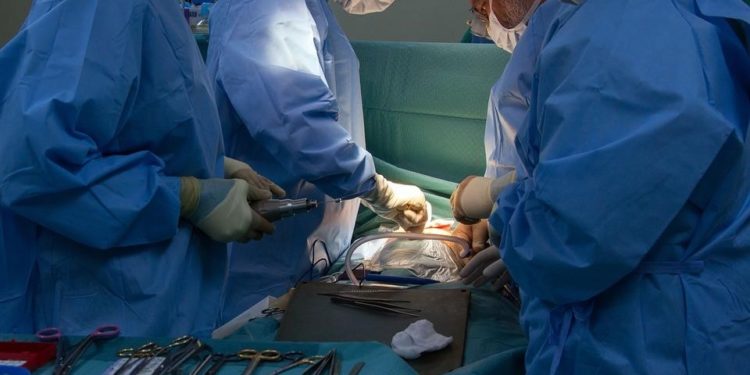When you need medical treatment at any stage of your life, you are relying on the competence, professionalism, and expertise of the medical professionals who are responsible for your care. In most cases, these standards will be met, and you will receive the excellent care that you deserve. However, there will always be exceptions, and making mistakes can have disastrous consequences.
Medical negligence is a problem in all areas of medicine, but certain fields inevitably generate a higher overall number of cases — reflecting the fact that certain departments will be dealing with a larger volume of patients and that some forms of treatment inherently pose greater risks than others.
Medical Negligence Claims
When it comes to medical negligence claims, there are numerous options for pursuing compensation for various types of negligent medical care. In this post, let’s go over some of the most common types of medical negligence claims that Solicitors Cheltenham work on.
If you believe you have a clinical negligence case, you have three years from the date of the incident or when you first became aware that you had been injured. In the case of children, the three-year limit does not apply until they turn 18. If the claim is for a patient who is unable to manage their own affairs due to a mental disability, the three-year period does not apply until (or unless) they recover from their disability. In both cases, a parent or other close relative may file a claim on their behalf.
#1 — Accident and Emergency
In the last three months, ambulance services within the United Kingdom have made headlines several times for their alarmingly slow response times due to A&E delays. Many of the cases reported in the news show that patients’ conditions have deteriorated as a result of the ambulance’s late arrival, and in the most severe cases, some patients have died.
A delay in an ambulance’s response time is not the only example of negligence; there are numerous other ways in which injuries and errors can occur, and these cases are becoming increasingly common. A paramedic may administer the incorrect medication, fail to diagnose an injury or illness, or arrive much too late due to miscommunication. Cases involving ambulance services are unfortunately becoming more common. Luckily, you can turn to no win no fee solicitor Cheltenham for help.
#2 — Pregnancy and Birth Claims
Pregnancy and childbirth are generally positive experiences for all involved. However, things can go wrong for both the mother and the baby during the pregnancy and labor. Serious tears (third or fourth tears) during childbirth, also known as obstetric anal sphincter injuries, can unfortunately cause complications for some women and are frequently the result of poor or negligent medical care.
In some tragic cases, a child is born with an injury, including serious brain injuries, as a result of poor labor or delivery management. Cases of this nature are settled for large sums due to the significant amount of care required over their lifetime.
#3 — Dental Negligence
Almost half of all adults in the UK are afraid of the dentist, with a visit to the dentist being ranked as the number one cause of anxiety. Most of the time, visits to the dentist are painless, and treatment is quick and effective. However, in some cases, things can go wrong, and once a dentist makes an error, it is frequently irreversible, leaving the patient in distress and discomfort. Among the common dental negligence claims are failure to manage and treat teeth, extraction of the wrong tooth, and implants that do not work.
#4 — Misdiagnosis
Misdiagnosis occurs when an illness is missed or detected at a late stage. Because of significant advances in medicine over the years, it is now easier to diagnose and treat illnesses as early as possible, and delays or misdiagnosis can seriously compromise a patient’s prognosis. Patients and their families can be profoundly affected, and in some cases, bereaved.
#5 — Surgery Claims
Although the majority of operations in the UK are successful, mistakes do occur. Common examples of surgical negligence include:
- Wrong-site surgery which can include removing healthy organs or performing surgery on the wrong part of the body;
- Foreign objects left in the body, such as gauze, scalpels, or clamps;
- Anesthesia errors, such as patients receiving too much or too little;
- Nerve damage;
- Infection due to poor hygiene;
- Cosmetic surgery errors.
Regardless of the case, you can always count on professional assistance from the best solicitors Cheltenham.
Seek Legal Assistance
If you have suffered as a result of medical negligence, you should seek legal advice as soon as possible. You have three years from the date you became aware that you received negligent treatment care to file a claim.


![7 Best POS Software in the UK [2026 Edition]](https://todaynews.co.uk/wp-content/uploads/2026/02/7-Best-POS-Software-in-the-UK-2026-Edition-360x180.png)








































































